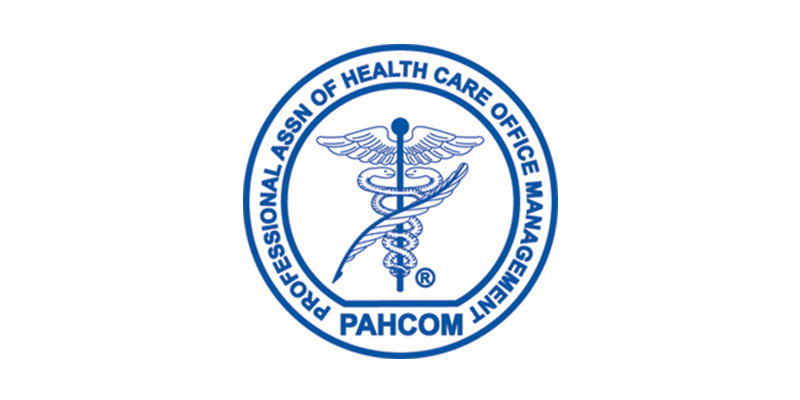I went to the Atlanta PAHCOM (Professional Association of Healthcare Office Managers) meeting yesterday, and they had a great speaker from Kilpatrick Townsend, a Legal firm here in Atlanta. The topic was “Government and Healthcare. What you need to know.” As we were waiting for the presentation to start, one of the ladies in front of me casually mumbled to the room “What would healthcare look like if the government wasn’t involved.” This quickly turned into a conversation of “why did they get involved, and what made the government get involved.” Funny thing…no one in the room could pinpoint it. When did healthcare change?
Healthcare through the years
What did healthcare look like before PQRS, government incentives, ICD-10, etc. I can hardly remember! All I remember is that healthcare was “broken” and Hillary Clinton was attempting to fix it.
Keep in mind that I grew up on the border of Canada. From what I am told, the Canadians have no problems with healthcare. Everyone is covered and everyone gets quality healthcare. Is that true?
So what is your opinion? When did we realize that healthcare really was broken, and what was the defining moment? That’s what I am having trouble with. I can remember when I was younger we went to the emergency room for a stomach ache, headache, rash, and anything else I could think of that wasn’t really an “emergency”. The emergency room was basically an extension of the doctors office, and it was there for the hours the doctors office was closed. There was a “story” that a man went to the emergency room with stomach pain. They did all sorts of tests on him that Medicaid covered. Come to find out, he was hungry. His pains were hunger pains. I am not sure if this is true or not, but I take this story to mean someone went to the ER because they had Medicaid, and it was easy to do. Even for the slightest ailment. Is this part of what broke the system?
How about outcomes? Being an IT person, I can totally relate to the power that data brings you. Could we extend the life of human beings by having powerful data on various ailments, such as diabetes, congestive heart failure, high cholesterol, and more I would say yes! Is data what started this whole government involvement?
In my opinion, a lot of this started from the insurance companies paying claims that were considered unnecessary. They were getting slammed on unnecessary tests, duplicate tests, duplicate prescriptions, extended hospital stays and re-admissions. They had to put the hammer down. This is when I feel things started to change. I remember thinking “why are the insurance companies starting to practice medicine?” At that time, they were still paying 100% on various tests and procedures. Let’s face it…something had to give. Think about it…there is a business side to practicing medicine. If you have a patient in your office, or in the hospital, you want to be absolutely sure you diagnosis them properly. If they have insurance, why not get every test possible? It covers you, the provider, and brings in some much needed revenue for the hospital.
There is a fine line in healthcare in regards to what is needed, and what is “just to be sure” mode. Billions of dollars are spent with precautions, but how do you change it?
To get back to the original question, when did it change? It is very hard to answer. My guess is it changed when the insurance companies started working more to protect themselves. Somewhat like a domino effect. That’s when the idea of “proactive” medicine was starting to sound more like the way to go. A good example of this is paying the providers to talk about smoking cessation. It’s easier to pay the provider, than to treat a lung cancer patient. So… in my opinion, the changes started with the insurance companies. What is your thought?


